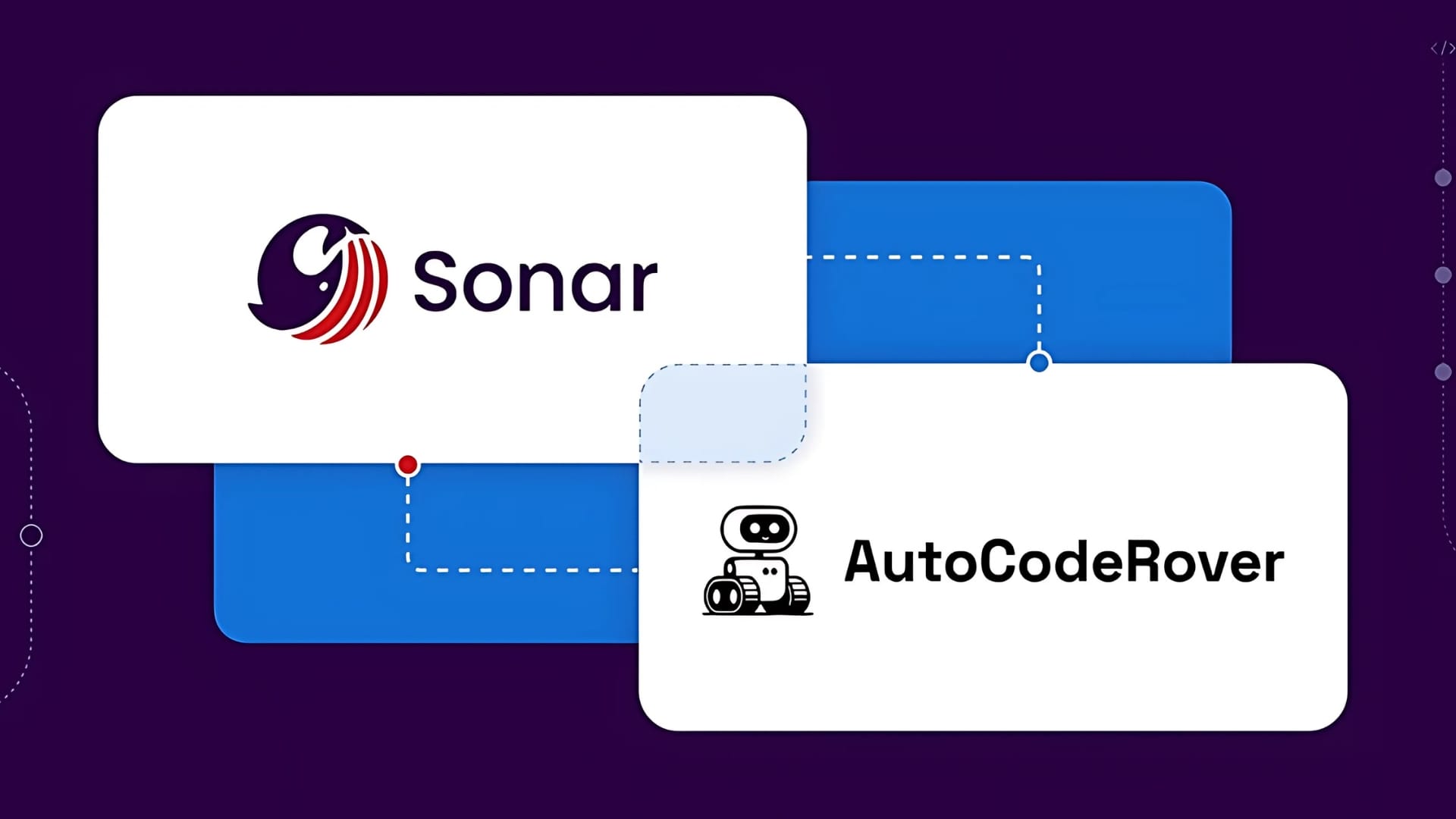Sonar acquires AutoCodeRover to boost AI-powered software development
Sonar acquires AutoCodeRover to enhance AI-powered coding, automating debugging, improving security, and speeding up software development.

Sonar, a leading provider of code quality and security solutions, has acquired AutoCodeRover, an AI-driven platform for software development. This acquisition enhances Sonar’s ability to tackle real-world engineering challenges, such as debugging, issue remediation, and code refactoring. By integrating AutoCodeRover’s advanced AI capabilities, Sonar aims to help developers and organisations build high-quality, secure applications more efficiently.
Developed by researchers from the National University of Singapore (NUS), AutoCodeRover is a pioneering Large Language Model (LLM) agent for coding and software maintenance. The platform has demonstrated strong results in SWE-bench, a key industry benchmark that evaluates how well systems can automatically fix software issues. By analysing a software project and inferring developer intent from various sources, AutoCodeRover evolves the project intelligently.
Sonar plans to continue working with researchers from the Trustworthy and Secure Software Research Group at NUS, led by Professor Abhik Roychoudhury, to refine and enhance its AI-driven development tools. Professor Tan Kian Lee, Dean of the NUS School of Computing, highlighted the significance of this collaboration, stating that the acquisition of AutoCodeRover underscores the innovation and real-world impact of their research. He added that they look forward to seeing how this success continues to shape the future of software development.
AI agents transforming software development
AutoCodeRover combines state-of-the-art LLMs with advanced code search and reasoning capabilities, automating key steps in the software development life cycle (SDLC). Its LLM-agnostic design ensures compatibility with various language models, including those from OpenAI, Anthropic, Google, and Meta, giving users the flexibility to choose the most suitable AI model for their needs.
According to Tariq Shaukat, CEO of Sonar, AI agents provide developers and companies with powerful new tools to build better and faster. He noted that studies estimate developers spend almost half their time fixing bugs, addressing technical debt, and handling other tasks that don’t contribute to innovation. This, he said, results in lower productivity and job satisfaction. “Agentic AI working side by side with developers will help them build better, faster, and spend more of their time on the activities they enjoy – namely, writing code, creating new products, innovating, and driving impact.”
Sonar plans to integrate AutoCodeRover into its SonarQube platform later this year, providing developers with several key benefits, including:
- Faster development: Automating essential SDLC tasks to shorten development time.
- Enhanced code quality: Speeding up code reviews and instantly fixing issues to ensure high-quality applications.
- Cost reduction: Cutting development costs by automating time-consuming coding tasks.
- Greater innovation: Allowing developers to focus on creative and high-impact work instead of routine fixes.
Expressing excitement about the acquisition, Ridwan Shariffdeen, CEO and co-founder of AutoCodeRover, said that joining forces with Sonar aligns perfectly with their mission to help developers accelerate their work. He emphasised that combining their advanced agent technology with Sonar’s industry-leading code quality and security solutions would drive even greater impact for developers and organisations worldwide.
With this acquisition, Sonar strengthens its commitment to AI-powered software development, helping developers write cleaner, more secure code while boosting efficiency and innovation.
















